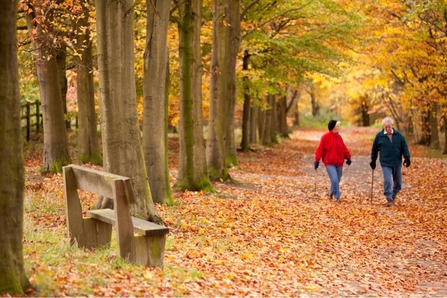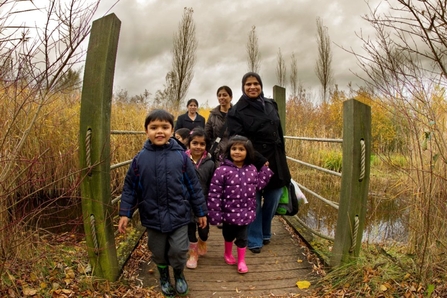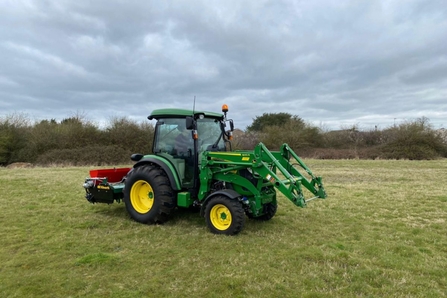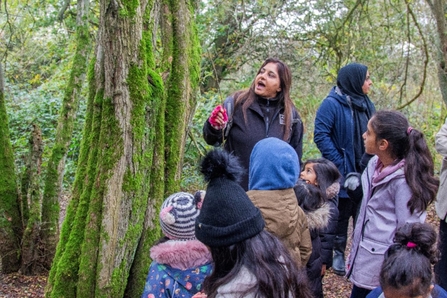This week we have updated our FAQs to answer all of these questions and more.
We know Will writing can be daunting, after all it is a process centered around the two, often most difficult, topics of death and money! However, Wills are an important way of ensuring your wishes are documented and respected, enabling you to provide support in the future for your loved ones, first and foremost, plus any charities you might wish to include.
Through our carefully curated FAQs, we hope to make the Will writing process clearer and much less daunting for you. Here are our 5 top tips that cover why, when, who, and how, plus the impact you can have, when making or updating your Will:





